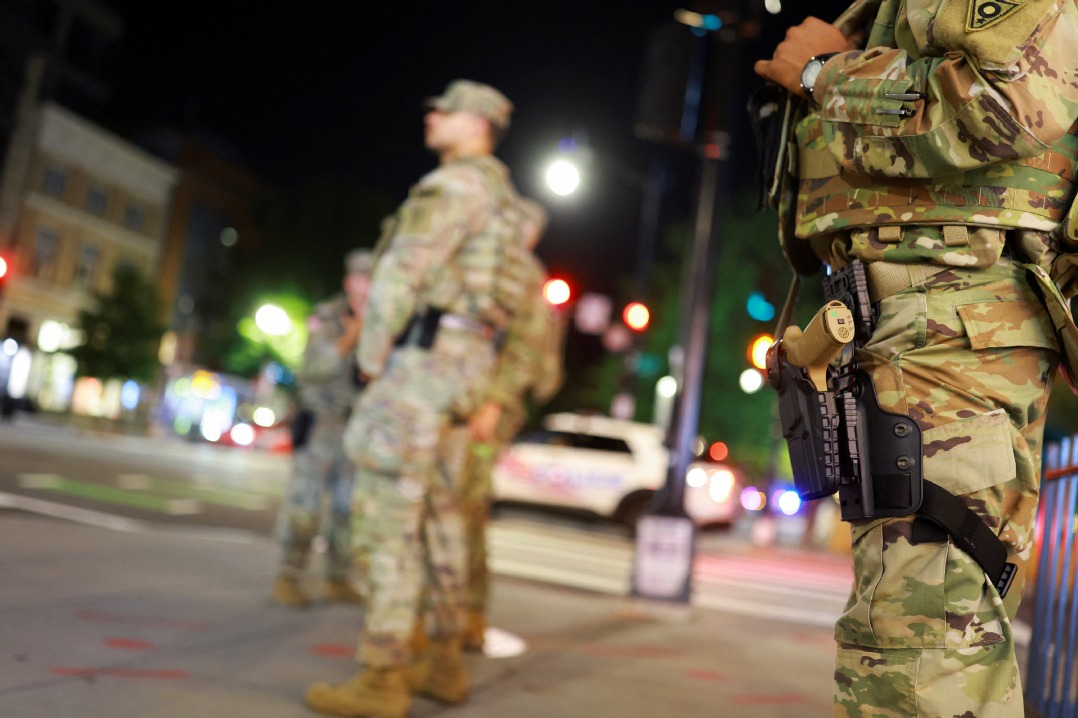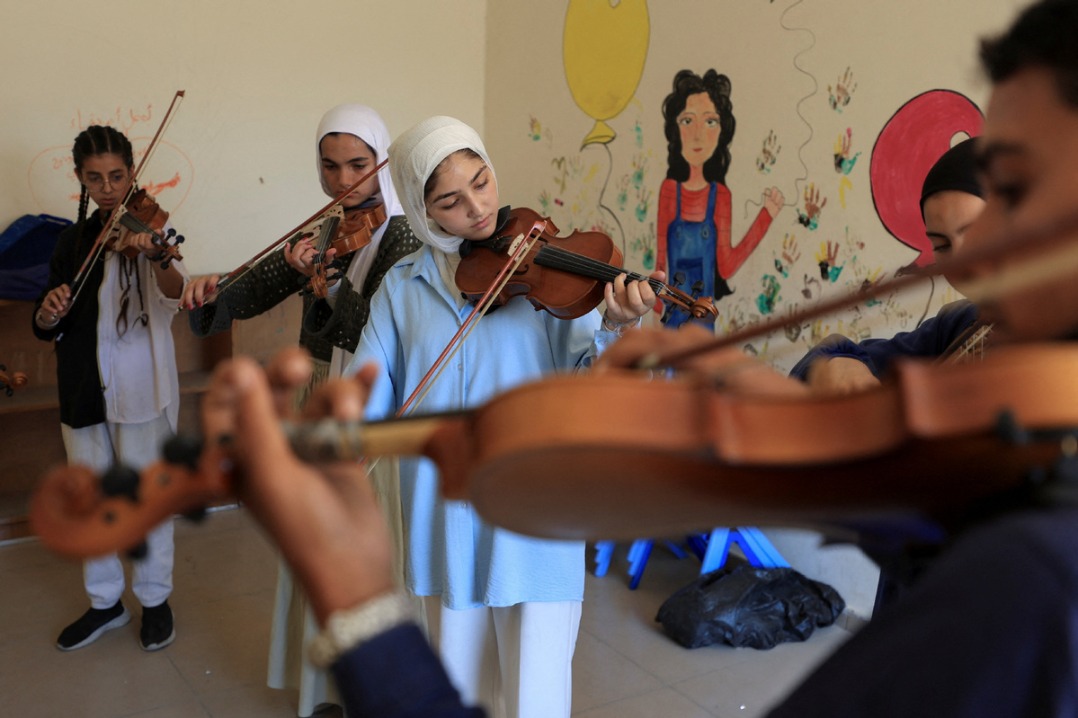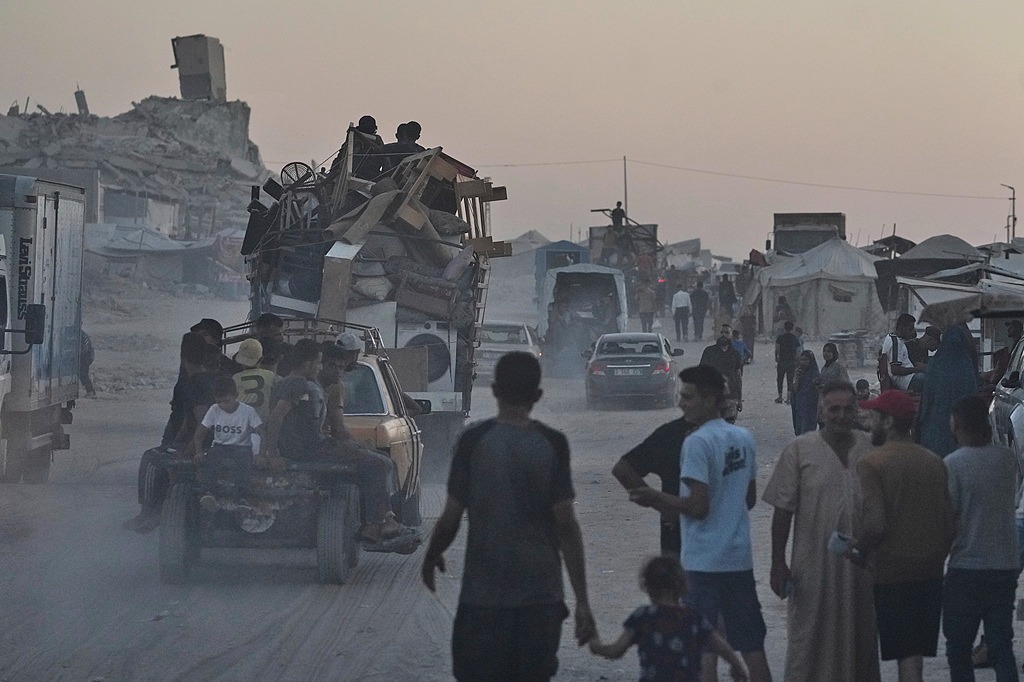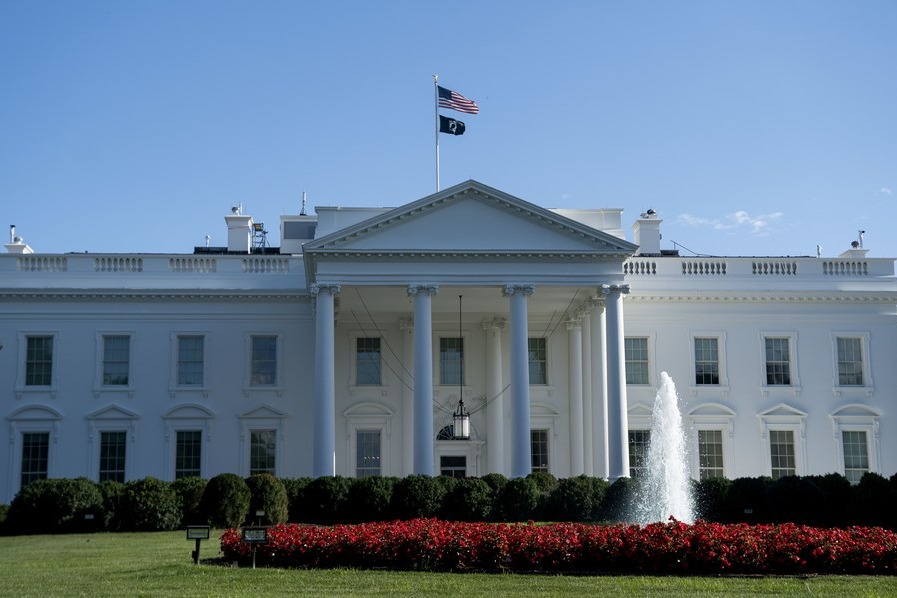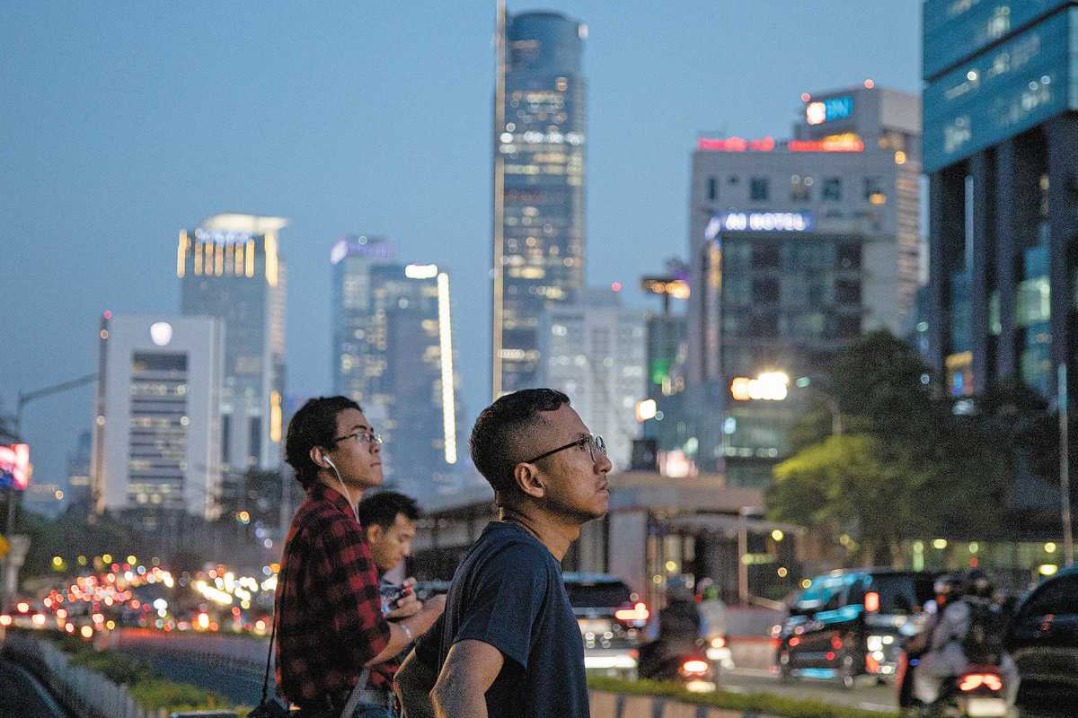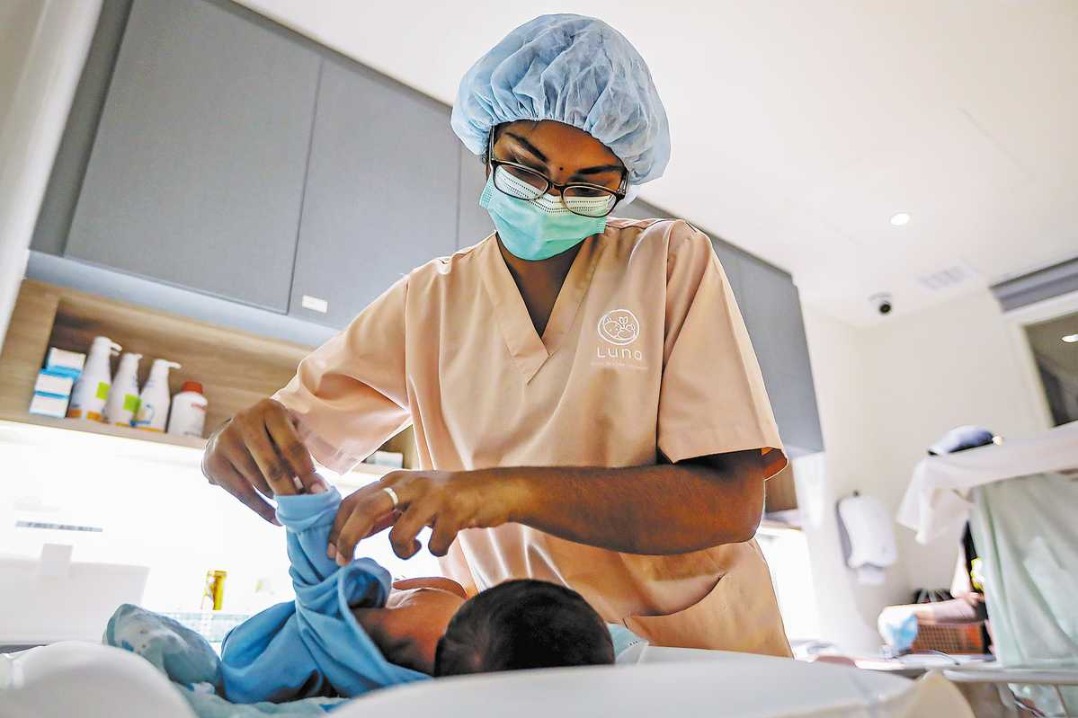Pandemic linked to rise in anxiety among youngsters in US

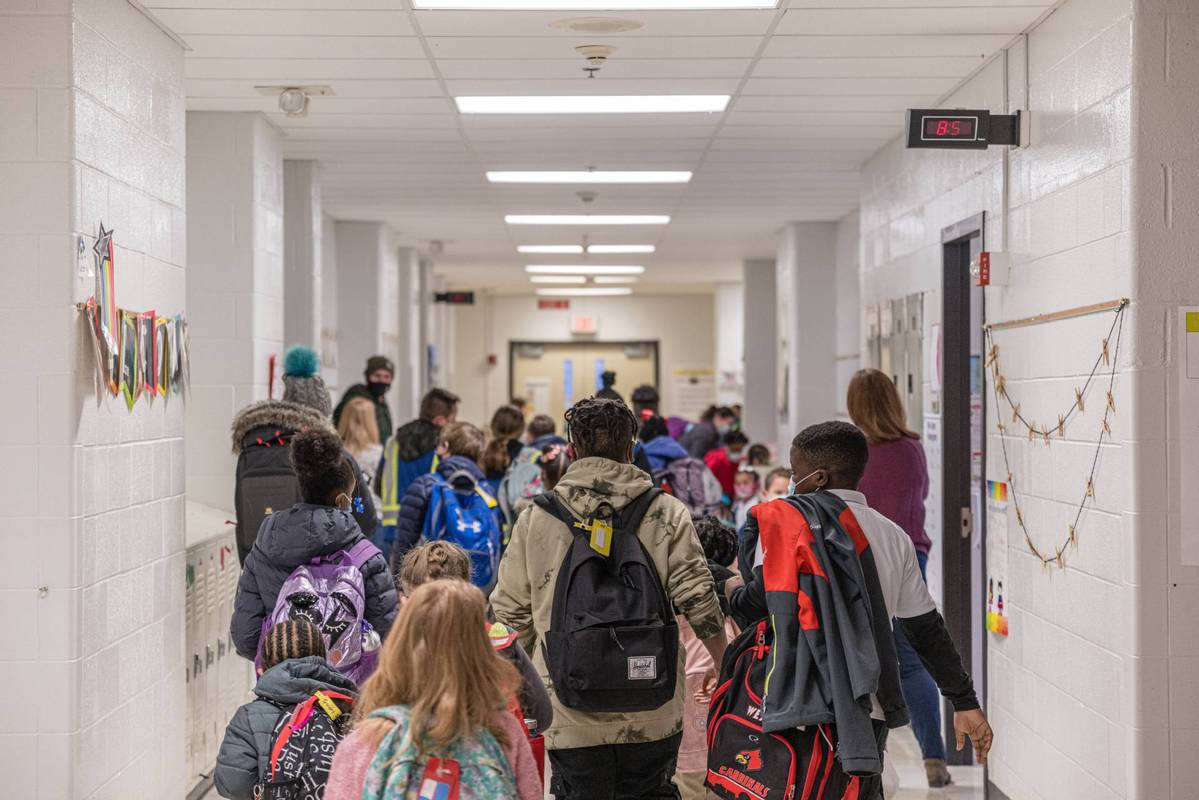
Children as young as 8 should be screened for anxiety, according to government experts, due to the impact of the two-year-long coronavirus pandemic on their mental health.
The draft guidance, released by the US Preventive Services Task Force (USPSTF), also recommends children between the ages of 12 and 18 should be screened for major depressive disorders.
The task force recommends screening for MDD — defined as two weeks of mild to severe persistent feelings of sadness or a lack of interest in everyday activities — in all adolescents, but notes that several risk factors might help identify patients at higher risk.
Those include a combination of genetic, biological and environmental factors, such as a family history of depression, prior episode of depression and other mental health or behavioral problems.
It added that other psychosocial risk factors can also cause depression, including childhood abuse or neglect, exposure to traumatic events, bullying, adverse life events, early exposure to stress, maltreatment, and an insecure parental relationship.
Dr Bradley Klontz, an associate professor of financial psychology and behavioral finance at Creighton University Heider College of Business in Omaha, Nebraska, told China Daily: "The longer this [pandemic] goes the higher the risk of long-term damage."
Klontz believes that the pandemic's toll, particularly on children, won't be seen for quite some time. He said that social isolation caused by social distancing in the early days of the pandemic was worst for those who had existing social disorders or mental health issues as they had to be alone for prolonged periods of time.
The pandemic may have exacerbated depression in the youth, but even prior to the start of the pandemic in 2020 more children and adolescents in the US were being identified with mental-health disorders or had poor mental health, research showed.
The percentage of children aged six to 17 who had been diagnosed with anxiety or depression increased from 5.4 percent in 2003 to 8.4 percent in 2011 to 2012, according to research published in the Journal of Developmental and Behavioral Pediatrics.
Michi Fu, a clinical psychologist in Los Angeles who specializes in working with Asian American children, women and families, says that the impact of the coronavirus upended people's lives every day and many didn't know how to cope.
"They [my patients] were telling me, 'I don't know what to do with myself, I don't know what to do with my children'" Fu told China Daily.
"First off, if someone is really suffering, reach out for help. Don't isolate yourself. Make sure you have at least one person who you can be accountable to on a frequent basis as needed," she said.
Thousands of children in the US lost parents, guardians, and friends amid the pandemic which added to their stress levels.
Parents and some school teachers believe that remote learning for nearly two years also caused issues because school is where children have interpersonal relationships that are crucial for development.
In a poll by the Centers for Disease Control and Prevention (CDC) of 7,700 students in the first six months of 2021, it found that more than one-in-three high-school students reported experiencing poor mental health during the pandemic up until June 2021.
At least 20 percent of those interviewed for the poll admitted that they had seriously considered attempting suicide in the 12 months before the survey. An additional 44 percent said they felt sad or hopelessness continuously within the 12 months before the survey.
The USPSTF recommends that the best treatment options for MDD in children and adolescents should include pharmacotherapy, psychotherapy, collaborative care, psychosocial support interventions and complementary and alternative medicine approaches.
For children and adolescents with depression, cognitive behavioral therapy and interpersonal therapy are effective.
Additionally, the USPSTF said that Fluoxetine is the only medication approved by the US Food and Drug Administration (FDA) to treat MDD in children aged 8 or older and escitalopram is approved to treat MDD in adolescents aged 12 to17 years.
Many doctors in the US agree with the guidance set forth by the USPSTF. In its survey of doctors USPSTF found that 76 percent believe that they should speak to adolescent patients about mental health.
















